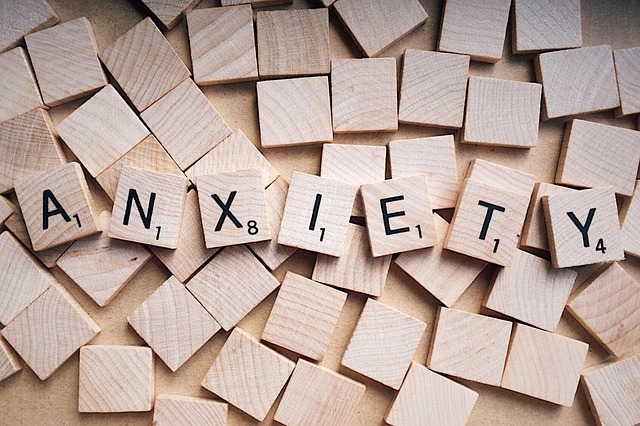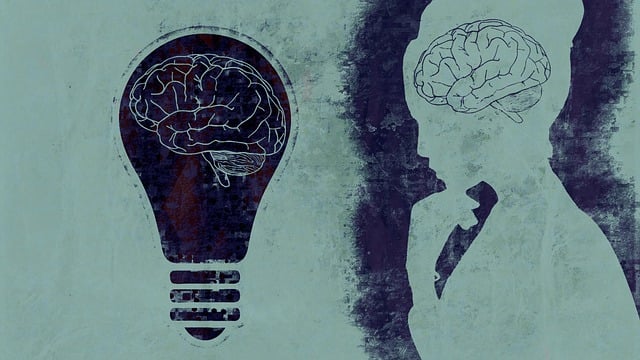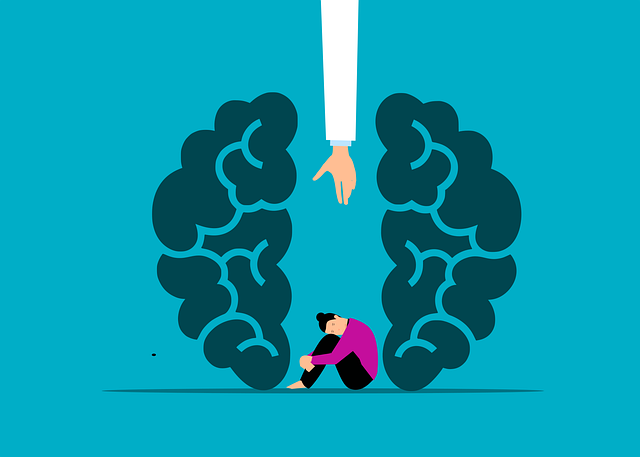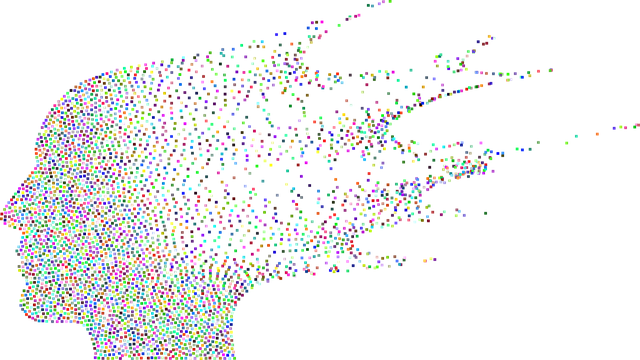Lakewood Children's Therapy emphasizes the critical need for digital tools that address childhood mental health challenges, focusing on evidence-based apps tailored to various age groups and developmental stages. These apps should include mood tracking, mindfulness meditation, anonymous chat forums, and risk assessment features to combat stigma and reduce barriers to care. By combining educational content with engaging interfaces, Lakewood Children's Therapy creates apps that empower young users to develop healthy coping strategies and build resilience.
In today’s digital age, mental wellness apps offer a promising approach to supporting children’s emotional well-being. This article explores the development of such apps, with a focus on understanding the unique mental health needs of children and leveraging technology effectively. We delve into key features recommended by Lakewood Children Therapy, a leading provider in the field, to create engaging and impactful solutions. By integrating evidence-based practices, these apps can serve as valuable tools for parents, educators, and therapists, fostering healthier minds among children.
- Understanding Mental Health Needs of Children: A Foundation for App Development
- Key Features and Functions for an Effective Children's Mental Wellness App
- Designing an Engaging User Experience: Tips from Lakewood Children Therapy
Understanding Mental Health Needs of Children: A Foundation for App Development

Understanding the unique mental health needs of children is a foundational step in developing effective digital tools like therapy apps. According to organizations like Lakewood Children’s Therapy, childhood mental health issues are on the rise, highlighting the pressing need for accessible interventions. Apps designed to support emotional regulation and mental wellness among youth must be informed by evidence-based practices, such as Mind Over Matter principles, that cater specifically to their developmental stage.
This involves not only considering common challenges like anxiety and depression but also acknowledging the impact of trauma, bullying, and academic pressures on a child’s psychological well-being. A robust mental health app should facilitate risk assessment for both children and parents, enabling early identification of potential issues. By understanding these nuanced needs, developers can create apps that truly make a difference in young lives, potentially reducing stigma and increasing access to care through digital means.
Key Features and Functions for an Effective Children's Mental Wellness App

A children’s mental wellness app should be designed with a child-first approach, incorporating engaging and age-appropriate features to foster healthy minds. Key functions include interactive tools for self-care routine development, such as mood trackers and fun activities that encourage open communication about emotions. Incorporating mindfulness meditation sessions tailored for kids can help reduce stress and anxiety, promoting better mental health.
Additionally, the app should prioritize a safe and supportive environment, encouraging users to express themselves without fear of judgment. Features like anonymous chat forums or age-gated sharing options can contribute to mental illness stigma reduction efforts. By combining educational content with interactive elements, a well-crafted children’s mental wellness app, such as those offered by Lakewood Children Therapy, can empower young users to develop healthy coping mechanisms and build resilience.
Designing an Engaging User Experience: Tips from Lakewood Children Therapy

At Lakewood Children’s Therapy, we believe that a compelling user experience is paramount for any mental wellness app to succeed. Designing an engaging interface that fosters connection and encourages consistent use is key. Incorporate intuitive navigation and simple language, aligning with evidence-based Mind Over Matter Principles, to ensure users feel empowered from the start. Visuals play a significant role; opt for calming, inviting aesthetics that promote a sense of safety and tranquility, helping users to relax and open up.
Implement interactive features like personalized progress trackers, gamified challenges, or mindfulness exercises to make stress management and stress reduction methods more enjoyable. Regularly collect user feedback and iterate based on their experiences to create an app that truly meets their needs. Remember, a well-designed mental wellness app is not just about tools; it’s about crafting a supportive environment where users feel heard, understood, and inspired to prioritize their mental health.
In developing mental wellness apps, especially those geared towards children, it’s essential to collaborate with experts like Lakewood Children Therapy. By understanding the unique mental health needs of kids and integrating key features that promote engagement and positive user experiences, we can create effective tools for improving young minds. This comprehensive approach ensures that apps not only cater to individual needs but also foster a sense of well-being in a fun, interactive manner.














